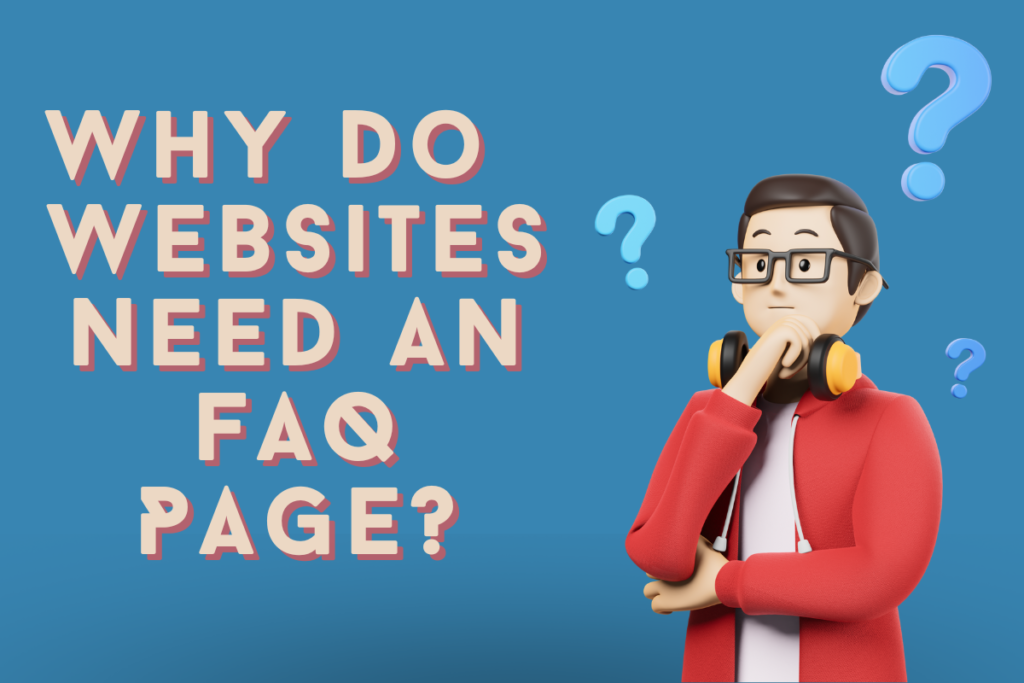A Frequently Asked Questions (FAQ) page is essential for any website. It provides a dedicated space to address common queries and concerns that potential clients may have. If you don’t have one already for your website, we highly suggest you get started pronto! Here are the reasons why.
1. Clear and Immediate Answers
A FAQ page offers an opportunity to provide clear and immediate answers to potential clients’ common questions. It saves them time and effort by providing readily available information, enabling them to find answers without contacting you directly. This can help establish a positive first impression and enhance user experience.
2. Enhanced User Experience
A well-structured and comprehensive FAQ page enhances the user experience on your law website. It demonstrates that you value your visitors’ time by anticipating their questions and providing relevant information. Organize your FAQ page into categories or sections based on different practice areas or topics to make it easy for users to quickly find the information they are looking for.
3. Building Trust and Credibility
A FAQ page helps build trust and credibility with potential clients. By addressing common concerns and questions, you show that you understand their needs and the several matters they may face. This helps establish you as an authority in your practice areas and instills confidence in your ability to handle relevant issues.
4. Educating Potential Clients
Some processes can be quite overwhelming and complex for individuals who are unfamiliar with it. A FAQ page allows you to educate potential clients by providing clear explanations of certain terms, procedures, and concepts. This educational content helps potential clients better understand their situations, which can lead to more informed decisions and a greater likelihood of engaging your services.
5. Las Vegas SEO Benefits
A well-optimized FAQ page can contribute to your website’s Las Vegas search engine optimization (SEO) efforts. By including relevant keywords and phrases that potential clients may search for, you can increase the visibility of your website in search engine results pages. Consider incorporating long-tail keywords, which are more specific and have less competition, to target niche queries and attract qualified traffic to your site.
6. Addressing Objections and Concerns
A FAQ page allows you to address objections and concerns that potential clients may have proactively. By openly providing answers to common doubts or misconceptions, you can alleviate any reservations they may have about working with your business online. This transparency helps foster trust and demonstrates your commitment to providing accurate and reliable information.
7. Prequalification and Efficiency
Including qualifying questions on your FAQ page can help prequalify potential clients. By addressing criteria such as location, type of case, or specific requirements, you can guide potential clients to determine whether your services align with their needs. This helps streamline the inquiry process and ensures that you attract clients who are a better fit for your practice areas.
8. Supporting Customer Service Efforts
A comprehensive FAQ page can significantly reduce the number of repetitive inquiries received through phone calls or emails. By providing detailed information on your website, potential clients can find the answers they need independently. This allows your online business to focus on more complex inquiries and provide personalized assistance to those who require it.
Conclusion
In conclusion, a FAQ page is a valuable addition to your website. It improves the user experience by providing precise and immediate answers, enhances trust and credibility, educates potential clients, contributes to SEO efforts, addresses objections and concerns, prequalifies leads, and supports efficient customer service. By incorporating a well-structured FAQ page, you can effectively engage potential clients and establish your business online as a reliable and knowledgeable resource in your practice areas.
